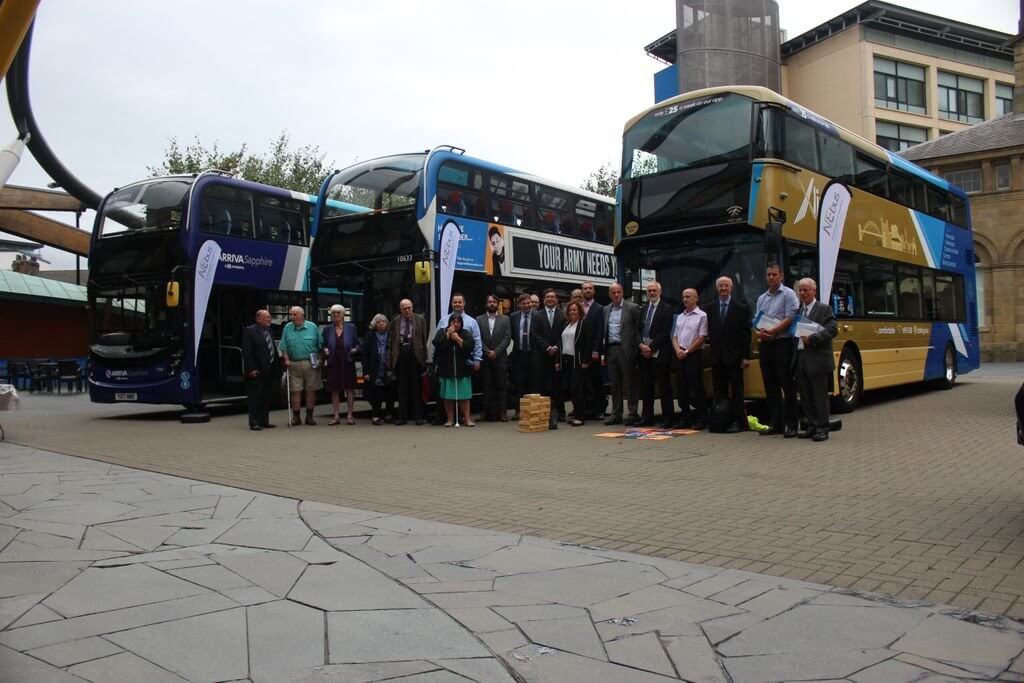NEbus has been announced as the new form for the North East Bus Operators Association, with Go North East MD Martijn Gilbert leading it. James Day reports
Bus operators in the North East of England have relaunched the North East Bus Operators Association as NEbus.

The organisation, which brings together major operators Go North East, Stagecoach North East and Arriva North East, along with a number of smaller independent and family-owned operators, represents the needs of the bus industry in the region.
[…]
By subscribing you will benefit from:
- Operator & Supplier Profiles
- Face-to-Face Interviews
- Lastest News
- Test Drives and Reviews
- Legal Updates
- Route Focus
- Industry Insider Opinions
- Passenger Perspective
- Vehicle Launches
- and much more!


